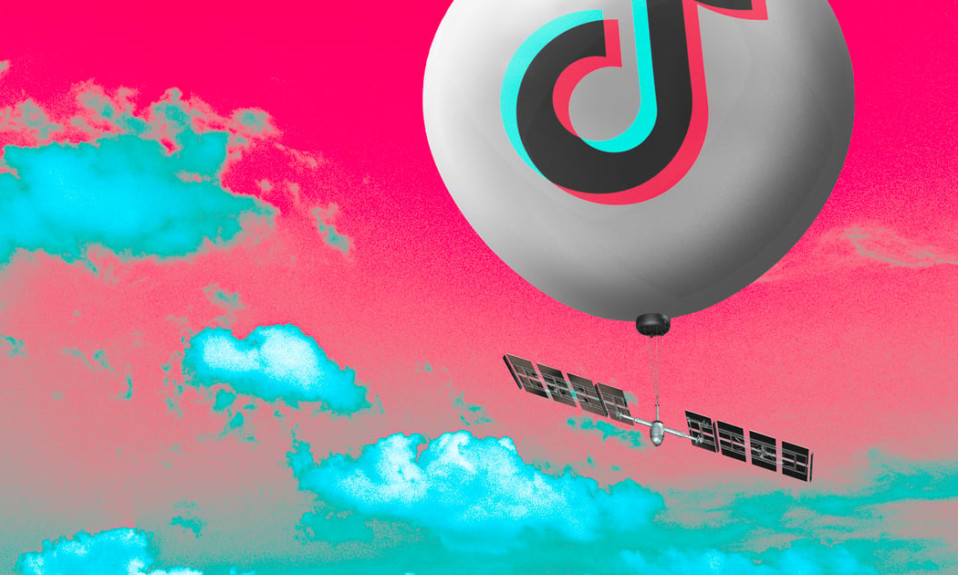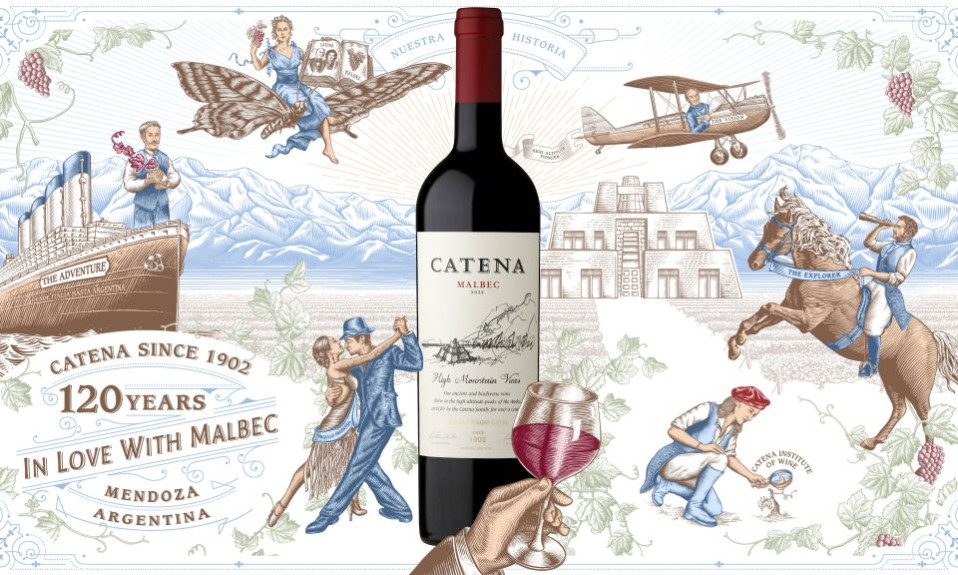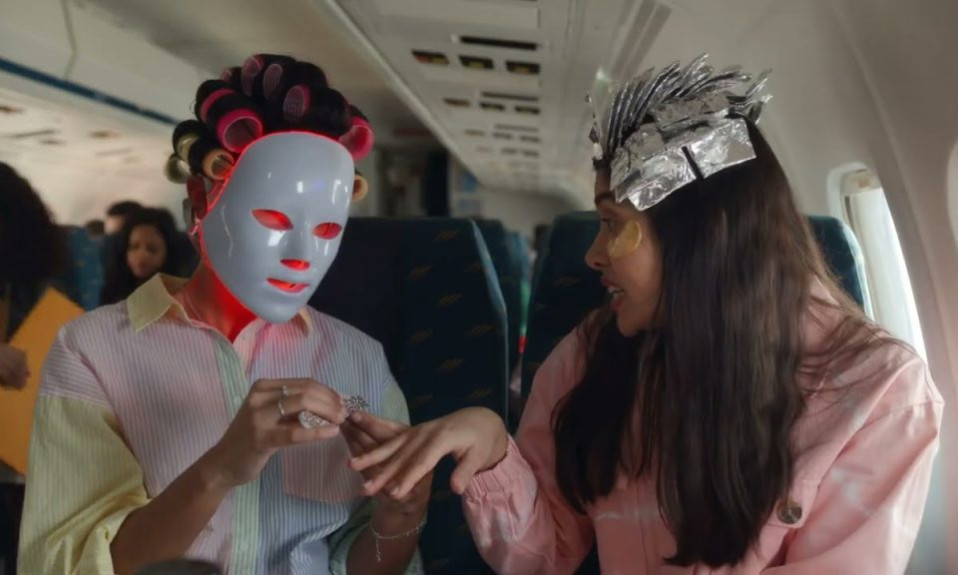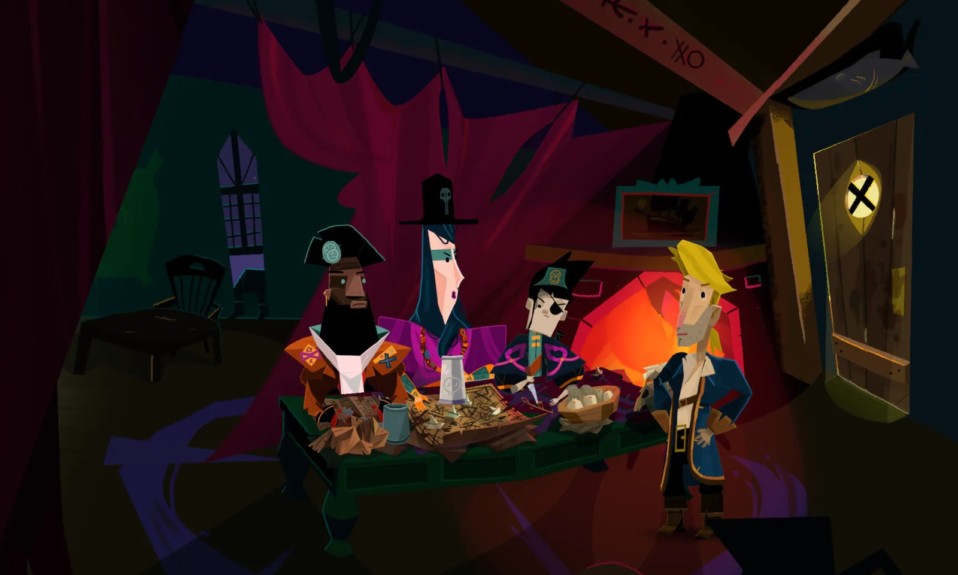Trust but verify
TikTok is doing everything it can to show advertisers that it’s adjusting to lawmakers’ demands. It has Project Texas, and it’s working to integrate ad industry regulations that have been seen as essential. TikTok is preparing the way to get accreditation with Media Rating Council, which can report on the effectiveness of a platform’s brand safety measures. That work is still in the preliminary phases. TikTok has made deals with Zefr, Integral Ad Science and DoubleVerify, which are brand safety and viewability partners that work with advertisers for independent oversight.
“The guidance that we give to clients, we are advising clients to be cognizant of data privacy, data security, and of course, targeting sensitivities,” Smith said. The question is, “is the platform safe and brand suitable, and do we feel like advertisers have the ability to target their ads in a brand-safe way?”
Smith said she thinks predictions about a TikTok ban could be premature. Any action the government takes won’t happen right away, and if it does take an action, it wouldn’t mean TikTok stops that second, Smith said.
TikTok has been here before: In 2020, then-President Donald Trump was determined to either shut down the app or force it to sell. Companies stepped up to buy it, including Microsoft. The Chinese government intervened, though, and put TikTok in a position where it couldn’t sell. Oracle has entered the picture as a U.S. company that could help oversee the handling of any data, independently from government influence.
When the Trump crisis was peaking, TikTok was scrambling to assure advertisers about the viability of the service, and it had to adjust its ad deals to account for the uncertainty. It offered clawback options to brands to retrieve money in case of a ban.
The stakes are returning, with the disintegration of U.S.-China relations. U.S. lawmakers have mounted a bipartisan effort to hold TikTok accountable. The government banned TikTok from government devices. Biden now has power to ban it further, under law, whereas Trump was acting under an executive order.
Critics and supporters
TikTok critics say the app tracks too much data about U.S. consumers. China could access basically any personal data, putting individual security at risk. TikTok also has mass surveillance potential. And the TikTok algorithm controls the media diet of millions of young people in the U.S. On top of that, plenty of research has shown that social media is bad for teens, anyway.
TikTok supporters say it is no more harmful than Facebook, Instagram, Snapchat, Reddit or Twitter, maybe even less so.
“A proposed TikTok ban is not only a setback to creative advertisers, content companies, and useful information sharing among millions of young Americans, but a government-mandated wealth transfer back to Meta and YouTube whose algorithms and data practices are no more virtuous than TikTok,” said a CEO from a digital media company that has close relationships with TikTok. “This whole ‘ban TikTok’ debate is merely China-hawk virtue signaling and demonstrates how severely out-of-touch politicians are from today’s young people.”
TikTok has publicly said that its action plan to sequester data away from foreign interference and to appoint independent directors will protect users more than an outright ban would. The Biden administration, however, has reportedly reached a different conclusion, and is now pushing for TikTok to make a complete break from China; sell the company, or face the ban.
In the meantime, TikTok has been operating in the ad world as if it’s business as usual. The company was also at SXSW in Austin, Texas, hosting brands, ad agencies and its loyal creators. TikTok held a series of exclusive private events where it talked with advertisers and social media influencer agencies, its most hardcore supporters.
One advertiser, who attended the SXSW event, said the mood was positively cheerful. This agency executive asked TikTok about the looming ban: They just kind of said it’s a really low likelihood. “No one was talking about it,” the executive said. “Everyone there was, you know, ‘rah-rah’ TikTok.”
Contributed: Lindsay Rittenhouse and Erika Wheless









